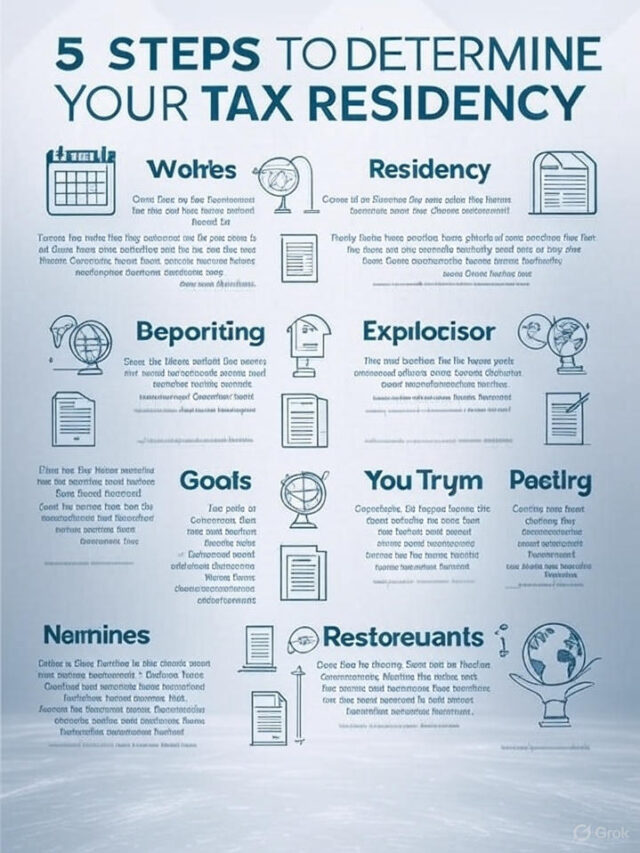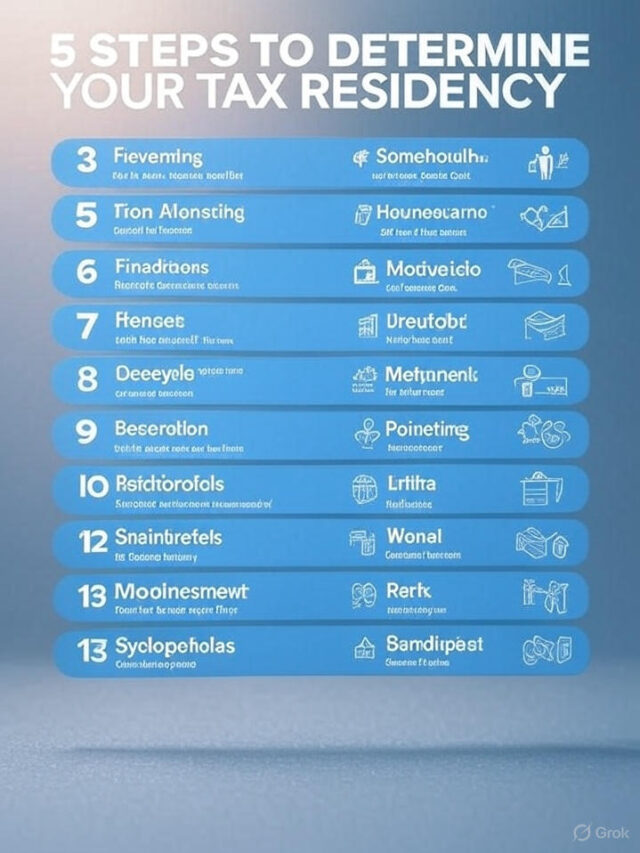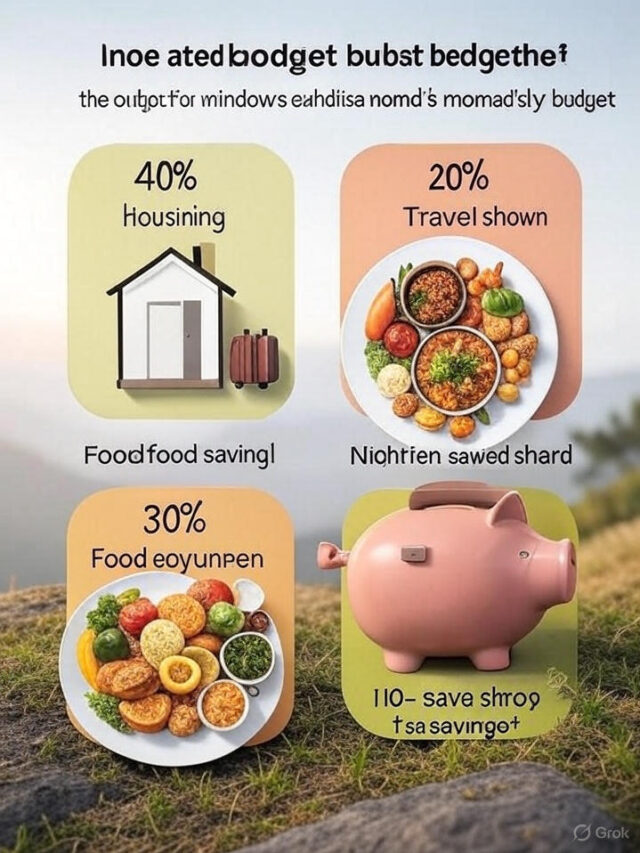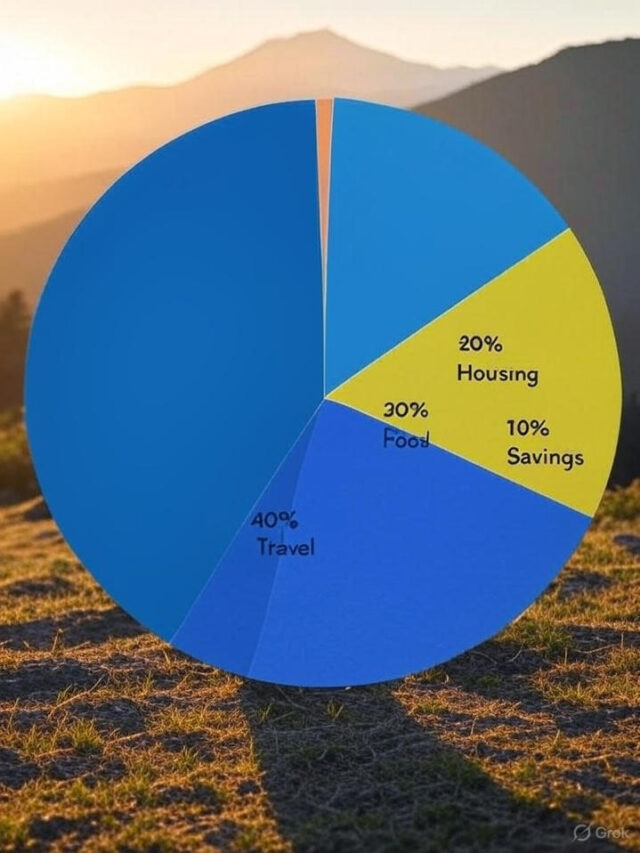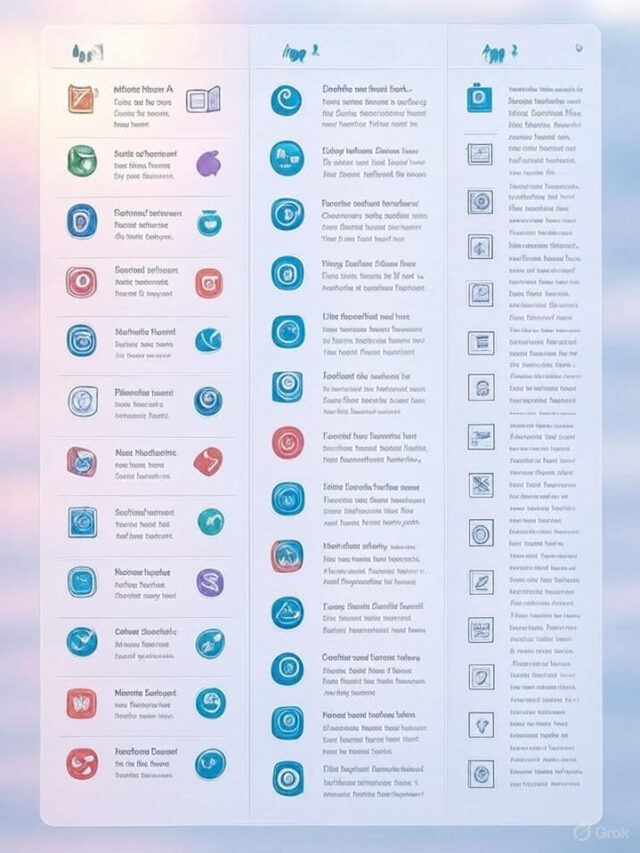Intermittent fasting (IF) has taken the health and wellness world by storm, and for good reason. It’s not just another diet trend—it’s a lifestyle change that can transform your health, boost your energy, and even help you shed unwanted pounds. But if you’re new to intermittent fasting, the concept might seem overwhelming. What is it? How does it work? And most importantly, what are the intermittent fasting benefits for beginners?
In this guide, we’ll break down everything you need to know about intermittent fasting, from its science-backed benefits to practical tips for getting started. Whether you’re looking to improve your metabolism, enhance mental clarity, or simply feel better in your body, this article will equip you with the knowledge and tools to succeed.
What is Intermittent Fasting?
Intermittent fasting is an eating pattern that cycles between periods of eating and fasting. Unlike traditional diets that focus on what you eat, IF focuses on when you eat. The most popular methods include:
-
- 16/8 Method: Fast for 16 hours and eat during an 8-hour window.
-
- 5:2 Diet: Eat normally for 5 days and restrict calories to 500–600 on 2 non-consecutive days.
-
- Eat-Stop-Eat: Fast for a full 24 hours once or twice a week.
For beginners, the 16/8 method is often the easiest to adopt because it’s flexible and fits seamlessly into most lifestyles.
Why Try Intermittent Fasting?
Intermittent fasting isn’t just about weight loss—it’s about optimizing your body’s natural processes. Here’s why so many people are raving about it:
1. Weight Loss and Fat Burning
When you fast, your body depletes its glycogen stores and starts burning fat for energy. This process, known as ketosis, can lead to significant weight loss over time. Studies show that intermittent fasting can reduce body weight by 3–8% over 3–24 weeks, making it one of the most effective tools for fat loss.
2. Improved Insulin Sensitivity
Intermittent fasting helps regulate blood sugar levels by improving insulin sensitivity. This is particularly beneficial for individuals at risk of type 2 diabetes. A 2018 study found that IF reduced fasting insulin levels by 20–31%, lowering the risk of metabolic disorders.
3. Enhanced Brain Function
Fasting triggers the release of brain-derived neurotrophic factor (BDNF), a protein that supports brain health. This can improve memory, focus, and cognitive function. Many beginners report feeling mentally sharper and more productive during fasting periods.
4. Reduced Inflammation
Chronic inflammation is linked to numerous health issues, including heart disease and arthritis. Intermittent fasting has been shown to reduce inflammatory markers, promoting overall health and longevity.
5. Simplified Lifestyle
One of the biggest intermittent fasting benefits for beginners is its simplicity. No calorie counting, no complicated meal plans—just set your eating window and stick to it.
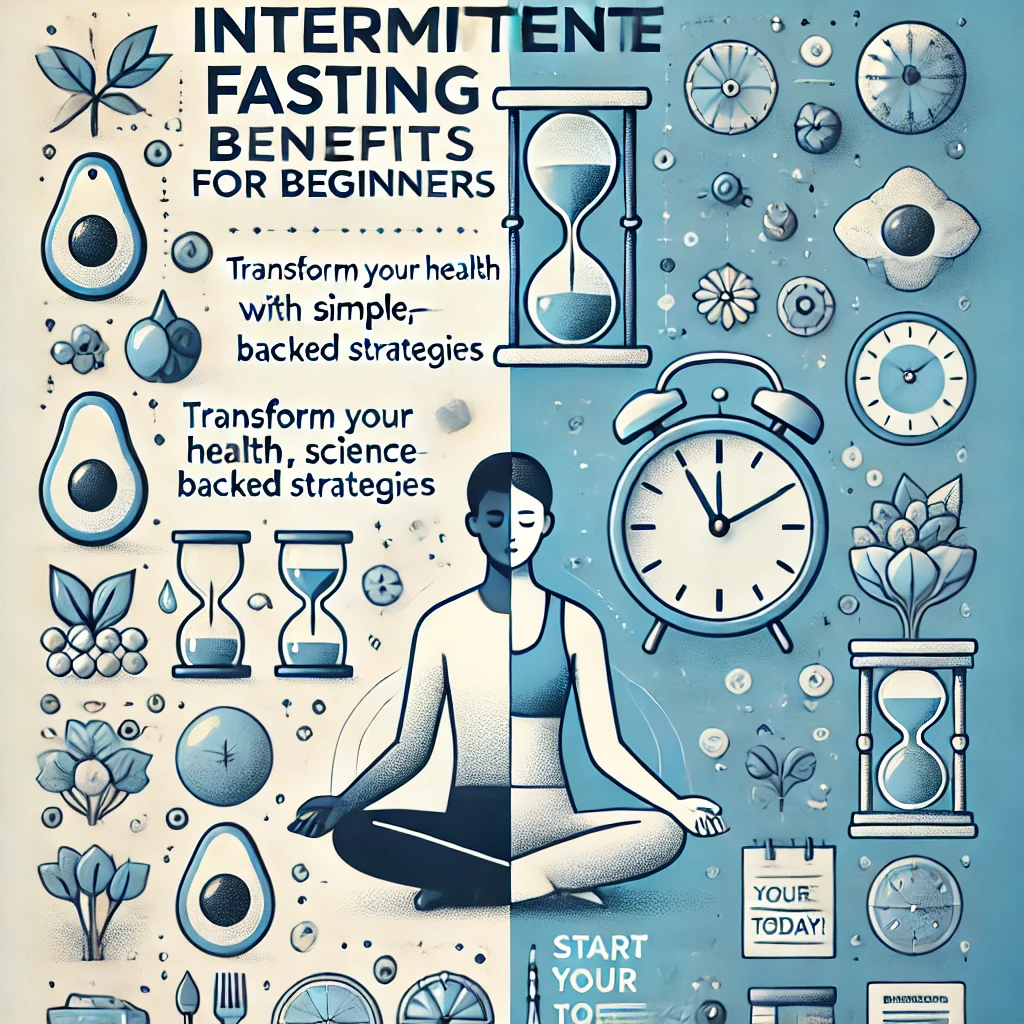
How to Start Intermittent Fasting: A Step-by-Step Guide for Beginners
Ready to give intermittent fasting a try? Follow these steps to get started:
Step 1: Choose Your Fasting Method
As a beginner, start with the 16/8 method. For example, you might eat between 12:00 PM and 8:00 PM, then fast until noon the next day. This allows you to skip breakfast and still enjoy two satisfying meals.
Step 2: Stay Hydrated
During fasting periods, drink plenty of water, herbal teas, or black coffee. Staying hydrated helps curb hunger and keeps your energy levels stable.
Step 3: Eat Nutrient-Dense Meals
When it’s time to eat, focus on whole, unprocessed foods like lean proteins, healthy fats, and fiber-rich vegetables. Avoid sugary snacks and refined carbs, which can spike your blood sugar and leave you feeling hungry.
Step 4: Listen to Your Body
If you feel dizzy, weak, or overly hungry, it’s okay to adjust your fasting window or eat a small snack. Intermittent fasting should feel sustainable, not punishing.
Step 5: Be Consistent
Like any new habit, consistency is key. Stick to your fasting schedule for at least 2–3 weeks to see how your body responds.
Common Questions About Intermittent Fasting for Beginners
1. What Can I Drink During Fasting?
You can drink water, black coffee, and unsweetened tea during fasting periods. Avoid sugary drinks, milk, or anything with calories, as they can break your fast.
2. Will I Feel Hungry All the Time?
It’s normal to feel hungry at first, but your body will adapt over time. Drinking water and staying busy can help distract you from hunger pangs.
3. Can I Exercise While Fasting?
Yes! Light to moderate exercise is fine during fasting. Some people even prefer fasted workouts, as they can enhance fat burning.
4. Is Intermittent Fasting Safe for Everyone?
While intermittent fasting is safe for most people, it’s not recommended for pregnant women, individuals with a history of eating disorders, or those with certain medical conditions. Always consult your doctor before starting.
Real-Life Success Stories
Case Study 1: Sarah’s Weight Loss Journey
Sarah, a 35-year-old mom of two, struggled with postpartum weight gain. After starting the 16/8 method, she lost 15 pounds in three months without giving up her favorite foods. “Intermittent fasting gave me structure and helped me make healthier choices,” she says.
Case Study 2: John’s Improved Energy Levels
John, a 42-year-old software developer, noticed he was constantly tired and sluggish. After adopting intermittent fasting, he experienced a surge in energy and mental clarity. “I feel like I’ve unlocked a new level of productivity,” he shares.
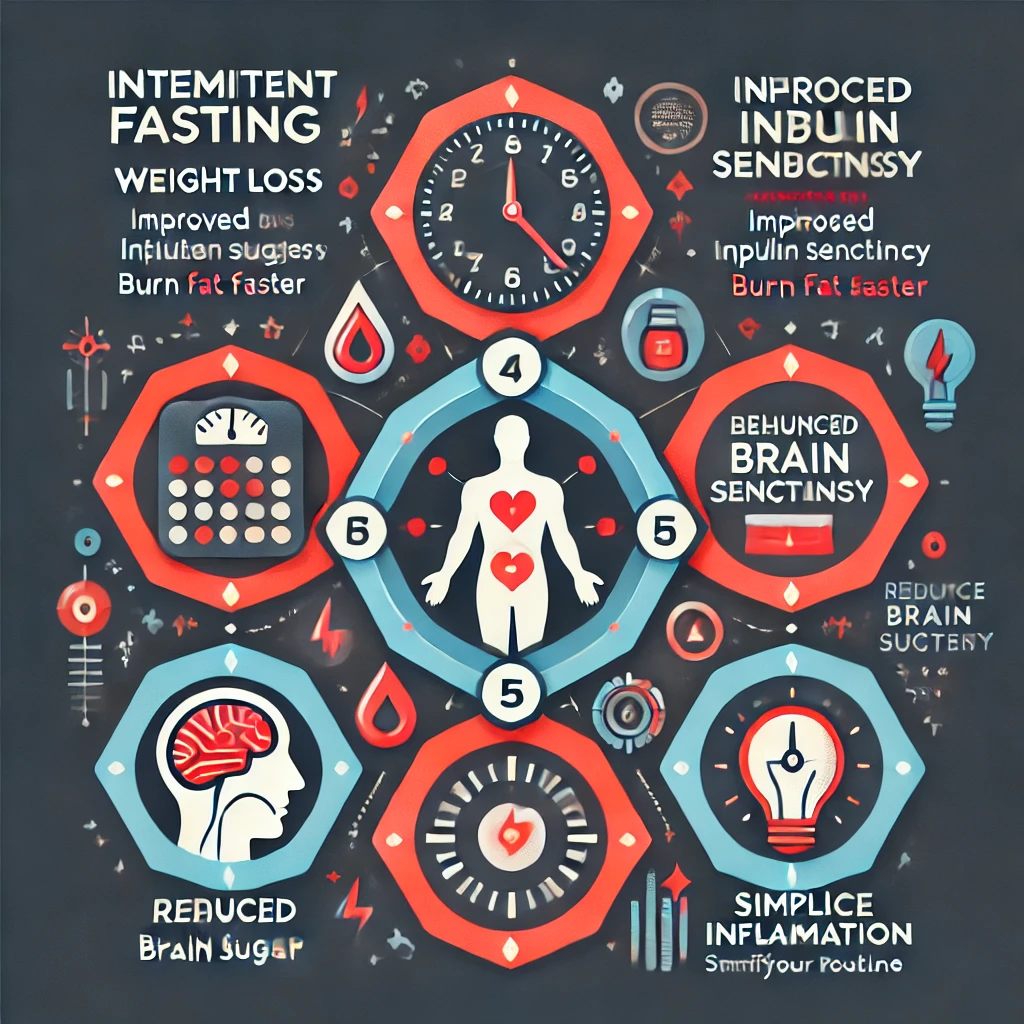
Tips for Maximizing Intermittent Fasting Benefits
-
- Start Slow: If 16 hours feels too long, begin with a 12-hour fast and gradually increase the duration.
-
- Track Your Progress: Use a journal or app to monitor your fasting schedule, meals, and how you feel.
-
- Pair with Healthy Habits: Combine intermittent fasting with regular exercise and a balanced diet for optimal results.
-
- Be Patient: Results take time, so don’t get discouraged if you don’t see immediate changes.
Conclusion: Is Intermittent Fasting Right for You?
Intermittent fasting is more than just a diet—it’s a powerful tool for improving your health, boosting your energy, and simplifying your lifestyle. For beginners, the key is to start small, stay consistent, and listen to your body.
Whether you’re looking to lose weight, enhance your brain function, or simply feel better in your skin, intermittent fasting offers a flexible and sustainable solution. So why not give it a try?
Ready to experience the intermittent fasting benefits for beginners? Start today by choosing a fasting method that works for you and commit to it for the next 21 days. Share your journey in the comments below or connect with our community for support and inspiration. Don’t forget to subscribe to our newsletter for more tips on health, wellness, and lifestyle optimization!
By following this guide, you’ll be well on your way to unlocking the transformative power of intermittent fasting. Here’s to a healthier, happier you!

